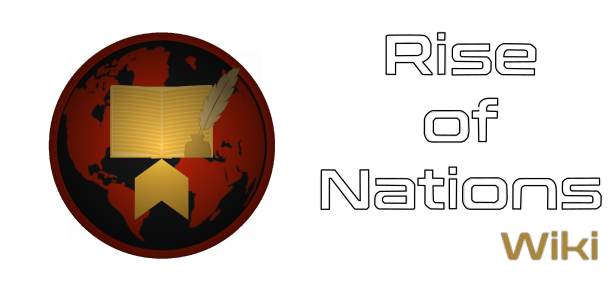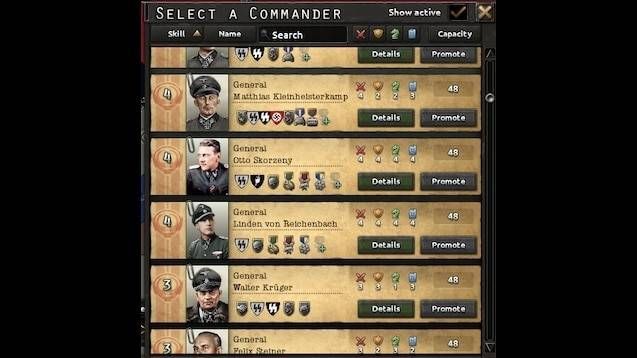
S earlier, the basic dilemmas and conundrums had not changed: How to balance national sovereignty and international idealism? How to reconcile the imbalances between countries over power and influence, over resources and commitments? How, in other words, could one draft a charter that would recognize and effectively deal with the sheer fact that some countries were, in effect more equal than others? (Hanhimäki, 15)* Roosevelt, who pushed for the creation of an international organization to be, in fact and not just in words, a guarantor of peace.

If WWI was terrible, WWII was horrifically worse, claiming the lives of more than three times the number of military and civilian people as WWI.Īgain, it was a U.S. The outbreak of World War II marked the utter failure of the League. And the League had no power of its own to stop aggressor-nations, whether by agreed-upon economic sanctions or by military means. It gave rise to the Permanent Court of International Justice.īut the League had an imbalanced structure that continues to plague today’s UN – decision-making was dominated by certain nations, namely the victors from WWI (with the exception of the United States). It dealt with a refugee crisis in Russia. It settled territorial disputes between Finland and Sweden, Germany and Poland, and Iraq and Turkey. It nevertheless took some actions from its headquarters in Geneva, Switzerland, that showed the possibilities for its post WWII successor, the United Nations. cooperation and that of other key players in the following years, the League’s impact was limited. Senate refused to ratify the Versailles peace treaty that founded the League of Nations.

Narrow, national politics intervened – as they would henceforth – and the U.S. Congress in 1919 that such a league would be a “guaranty against the things which have just come near bringing the whole structure of civilization into ruin.” This league would not merely “secure the peace of the world,” it would be “used for cooperation in any international matter,” said Wilson.

President Woodrow Wilson and others reacted to the carnage by embracing the idea of a “league of nations” which would settle conflicts before they escalated into wars. Almost 20 million people died between 19 in the worst war the world had ever known.


 0 kommentar(er)
0 kommentar(er)
